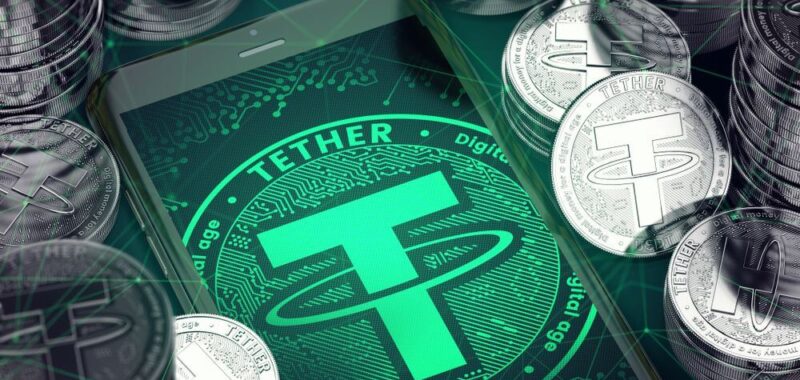- Tether will soon bring USDT minting to Aptos blockchain.
- USDT is the world’s largest stablecoin with a market cap of over $116 billion.
- Integration will boost Aptos’ decentralised finance ecosytem.
Tether’s USDT stablecoin will soon be available on the Aptos, the company behind the US dollar-pegged stablecoin announced on Monday.
According to Tether, the integration is part of the company’s broader strategy to bring the benefits of digital currencies to more people globally.
USDT expands to Aptos
The expansion to Aptos, a blockchain network designed to offer speed and scalability, gives Tether another opportunity to realise this goal. With Aptos making transaction costs extremely low, the community will be able to tap into use cases such as microtransactions.
“Aptos’ innovative technology offers a solid platform for facilitating faster and more cost-effective transactions with USD₮. This collaboration underscores our ongoing efforts to lead with innovation and support our users with stable, reliable financial tools,” Paolo Ardoino, CEO of Tether, said in a statement.
USDT is the world’s leading stablecoin by market cap, currently at over $116 billion and daily volume of over $31 billion. Meanwhile, Aptos is currently the world’s 33rd largest cryptocurrency network by market cap at $2.8 billion.
Apart from the integration helping to grow Tether’s user base, it also brings the benefits of USDT’s market reach to provide developers a more robust ecosystem for project development. Builders on Aptos will combine USDT and Move on Aptos to expand both the decentralised finance (DeFi) and payments ecosystem on Aptos.
“The launch of USD₮ on Aptos accelerates the availability and utility of real-world value for institutions, Web3 builders, and regular people worldwide,” Bashar Lazaar, head of grants & ecosystem at Aptos Foundation, noted.
Tether has expanded to several blockchains, including TON blockchain. However, most supply is on Tron and Ethereum, while the stablecoin issuer has recently discontinued minting on EOS and Algorand blockchains.

